PRINT CATEGORY
ALL WORKS
Young Lions Competitions Kazakhstan 2022
PRINT JURY
- Нурлан СатаровКреативный директор
Cheil Worldwide
Казахстан - Наиль МуратовКреативный директор
SEED
Казахстан - Juan Pablo ValenciaРегиональный креативный советник
FCB Artgroup (TICCA)
CLIENT
Trading network of charitable clothing stores Likekomek in the city of Nur-Sultan. Shops accept unwanted clothes, shoes, bedding, toys and many other items, except for medicines. After sorting in the warehouse, the items are distributed to three stores and sold at prices ranging from 100 tenge to 5,000 tenge. Regardless of the price and value, be it a baby stroller or branded boots, the maximum price in the store is 5,000 tenge.
The shops were founded by the family of Daulet and Asemgul Keirebaev, who faced a lack of necessary items for life as a child, as they grew up in large families. They remember very well the time when they were helped by the people around them and two years ago they decided to create a store to help people in need and people who are rational about their lives.
The main principle with which Daulet and Asemgul go through life is a rational approach to clothing and other household items, which allows you to avoid getting into debts and loans. It is what they are trying to convey to society, and it is for this purpose that they do what they love, helping others to cover the needs for clothes and things necessary for everyday life at minimal cost.
In addition to working with stores, Likekomek actively cooperates with foundations that collect, deliver and distribute clothes and other important household items:
1. Charitable Foundation "Tomiris" (@fond_tomiris) donates things to low-income families in the villages of the North Kazakhstan region.
2. Charitable Foundation "Niet" (@niet4054) donates things to large families and single mothers in the city of Nur-Sultan.
3. The Charitable Foundation “Istoki Dobra” (@istoki_dobra_nursultan) donates things to needy families in the city of Nur-Sultan, as well as in the villages of the North Kazakhstan region.
Likekomek transfers a certain amount of things to the funds after sorting in the warehouse and agreeing on the desired type of things and items.
The shops were founded by the family of Daulet and Asemgul Keirebaev, who faced a lack of necessary items for life as a child, as they grew up in large families. They remember very well the time when they were helped by the people around them and two years ago they decided to create a store to help people in need and people who are rational about their lives.
The main principle with which Daulet and Asemgul go through life is a rational approach to clothing and other household items, which allows you to avoid getting into debts and loans. It is what they are trying to convey to society, and it is for this purpose that they do what they love, helping others to cover the needs for clothes and things necessary for everyday life at minimal cost.
In addition to working with stores, Likekomek actively cooperates with foundations that collect, deliver and distribute clothes and other important household items:
1. Charitable Foundation "Tomiris" (@fond_tomiris) donates things to low-income families in the villages of the North Kazakhstan region.
2. Charitable Foundation "Niet" (@niet4054) donates things to large families and single mothers in the city of Nur-Sultan.
3. The Charitable Foundation “Istoki Dobra” (@istoki_dobra_nursultan) donates things to needy families in the city of Nur-Sultan, as well as in the villages of the North Kazakhstan region.
Likekomek transfers a certain amount of things to the funds after sorting in the warehouse and agreeing on the desired type of things and items.
PROBLEM
The modern way of life and the transition to a market economy constantly dictate to us the rule of "buy" and "take now, pay later." We are so accustomed to loans that even groceries and everyday items are often bought in installments and on credit, not to mention clothes, appliances, furniture and everything else. Overdebt leads to a skewed balance between the essentials of life and those that we peck at for momentary joy or a sense of superiority, as dictated by society and commercial brands.
SOLUTION
We propose to learn to rationally treat life and create a balance in it, getting the necessary things and items at the lowest price. That's why we created our thrift stores. You can cover your needs for things, toys and more, leaving money for events and items that are very important to you - from a trip to a resort to studying at a desired school or university. You just need to change your lifestyle to a rational one.
- There is a cycle of used cars in the world, which are usually sold and bought, but the same process in relation to things, shoes, bedding, toys, furniture is for some reason considered to be a shame, although the whole civilized world lives like this - in the cycle of things and items that work until they wear out or break.
COMMUNICATION GOALS
We want to create awareness of a rational lifestyle, where basic needs for clothes, shoes, toys can be met at much lower costs with the help of Likekomek.
TARGET AUDIENCE
- People who are accustomed to buying everything in installments and on credit and who feel like constant debtors.
- Parents who spend a lot of money on children's things, not having time to realize that in six months their children will grow out of them.
- Students who often need money for non-material values (travel, study, online courses, entertainment).
- Parents who spend a lot of money on children's things, not having time to realize that in six months their children will grow out of them.
- Students who often need money for non-material values (travel, study, online courses, entertainment).
WHAT DO WE WANT THEM TO DO?
We want them to pay attention to the Likekomek store, subscribe to the Instagram page to track the necessary assortment, or visit the store in person.
KEY MESSAGE
You can spend much less money on the essentials for the family, saving them for the most important things.
WHAT ELSE DO YOU NEED TO KNOW?
From May 2022, we begin cooperation with the private foundation "Charitable
Gabit Satmagambetov Foundation", which helps to do good for children (apartments, treatment and rehabilitation). We will be able to transfer part of the proceeds to the fund.
Already in 3 residential complexes of Nur-Sultan, with the help of sponsors, we have installed boxes for collecting things from residents, which are then sorted in our warehouse. We plan to expand the distribution of such boxes in the city and in the country.
We want the culture of sharing things to become the norm in our society. We need to solve our problems and overcome difficulties only together.
Gabit Satmagambetov Foundation", which helps to do good for children (apartments, treatment and rehabilitation). We will be able to transfer part of the proceeds to the fund.
Already in 3 residential complexes of Nur-Sultan, with the help of sponsors, we have installed boxes for collecting things from residents, which are then sorted in our warehouse. We plan to expand the distribution of such boxes in the city and in the country.
We want the culture of sharing things to become the norm in our society. We need to solve our problems and overcome difficulties only together.
MANDATORIES
Name: Likekomek charity clothing stores in Nur-Sultan
QR code leading to Instagram profile Likekomek
QR code leading to Instagram profile Likekomek
DELIVERABLES
1. Single double page spread A3 landscape print ad (42 x 29.7cm)
2. The written explanation (300 words) in a separate vertical “.pdf” file A4:
· Cultural/context information (150 words). Please explain any cultural terms, references or context which you feel need explanation.
· Insight (150 words). Please explain the insight and strategy behind your work. Target audience, relevance to the brief
You can create as many Print ads as you want and can.
All texts and titles must be in English.
All images must in CMYK mode with resolution of 300 dpi.
Files must be saved in “.psd” format with no more than 100 Mb in size.
All vector images must be in CMYK mode and saved as “.ai” format.
For preview purposes please attach a “.pdf” file no more than 10 Mb in size.
No names, logos or any kind of information about participants on the creative work, please.
Files must be transferred via WeTransfer file sharing service. Internet link for the download must be provided to: official@canneslions.today until 20-00 +6GMT (Almaty time), 30th of April 2022.
Filename of the Ad must be XX Print YY where XX is the letter code of your country (KZ), YY is the number of your team (example KZ Print 01). If you provide several print ads then add -01 or -02 to the name of the file (KZ Print 01-01).
Filename of the Explanation must correspond to the name of the file with the Ad.
2. The written explanation (300 words) in a separate vertical “.pdf” file A4:
· Cultural/context information (150 words). Please explain any cultural terms, references or context which you feel need explanation.
· Insight (150 words). Please explain the insight and strategy behind your work. Target audience, relevance to the brief
You can create as many Print ads as you want and can.
All texts and titles must be in English.
All images must in CMYK mode with resolution of 300 dpi.
Files must be saved in “.psd” format with no more than 100 Mb in size.
All vector images must be in CMYK mode and saved as “.ai” format.
For preview purposes please attach a “.pdf” file no more than 10 Mb in size.
No names, logos or any kind of information about participants on the creative work, please.
Files must be transferred via WeTransfer file sharing service. Internet link for the download must be provided to: official@canneslions.today until 20-00 +6GMT (Almaty time), 30th of April 2022.
Filename of the Ad must be XX Print YY where XX is the letter code of your country (KZ), YY is the number of your team (example KZ Print 01). If you provide several print ads then add -01 or -02 to the name of the file (KZ Print 01-01).
Filename of the Explanation must correspond to the name of the file with the Ad.
1

2
Print #2 - “The hook”
Context:
Installments are wildly popular in Kazakhstan. No one uses credit cards, but every person has something bought by installment. Banks use simple designations for the period for which the installment plan is given:
- “0-0-3” means: “Split the payment by 3 months”;
- “0-0-12” means: “Split the payment by 12 months”;
- and etc.
Insight:
In the world of consumerism, we are like defenseless and stupid prey.
Shops promise us happiness and beautiful life, to sell worthless things. Banks tempt with small installments. But the happiness they promise us is illusory.
As a result, we do not have money for the really important stuff: quality food, health, education, travel. And small installments and microcredits grow and immerse us in financial bondage.
We decided to deliver the message through a metaphor - we fall for the tricks of shops and banks, like fish on a hook. On the print, we use the visual similarity of the hook from a fishing rod and the hook of a clothes hanger. Also we use an installment sign instead of bait.
With a text, we urge not to succumb to tricks and start consuming clothes rationally.
Context:
Installments are wildly popular in Kazakhstan. No one uses credit cards, but every person has something bought by installment. Banks use simple designations for the period for which the installment plan is given:
- “0-0-3” means: “Split the payment by 3 months”;
- “0-0-12” means: “Split the payment by 12 months”;
- and etc.
Insight:
In the world of consumerism, we are like defenseless and stupid prey.
Shops promise us happiness and beautiful life, to sell worthless things. Banks tempt with small installments. But the happiness they promise us is illusory.
As a result, we do not have money for the really important stuff: quality food, health, education, travel. And small installments and microcredits grow and immerse us in financial bondage.
We decided to deliver the message through a metaphor - we fall for the tricks of shops and banks, like fish on a hook. On the print, we use the visual similarity of the hook from a fishing rod and the hook of a clothes hanger. Also we use an installment sign instead of bait.
With a text, we urge not to succumb to tricks and start consuming clothes rationally.
3
Print #3 - “Imprisonment”
Context:
- “0-0-12” means: “Split the payment by 12 months”; this is the most popular type of installment in Kazakhstan;
- and etc.
Insight:
Our lives become like a prison, where we count down the days until we get free from loans and installments. In the text, we urge a person to abandon such a life and start spending money rationally.
Context:
- Installments are wildly popular in Kazakhstan. No one uses credit cards, but every person has something bought by installment. Banks use simple designations for the period for which the installment plan is given:
- “0-0-12” means: “Split the payment by 12 months”; this is the most popular type of installment in Kazakhstan;
- and etc.
- In the headline we used an expression "25 to life". In the judicial system it means the life sentence. If you are convicted the judge has to sentence you to a minimum of 25 years.
Insight:
Our lives become like a prison, where we count down the days until we get free from loans and installments. In the text, we urge a person to abandon such a life and start spending money rationally.
4
Print #4 - “Pacman”
Context:
In budgeting and banking apps expenses are displayed in the form of a pie, which divides the budget into categories: food, bars, clothing, gasoline, etc.
Insight:
When you buy expensive clothes, you have no money left for more important things. It eats up your entire budget. This is especially relevant to our target audiences: parents, students, and those who spend their entire salary on loans and installments. We used Pac-Man to display the message because of its visual resemblance to a budget pie.
Context:
In budgeting and banking apps expenses are displayed in the form of a pie, which divides the budget into categories: food, bars, clothing, gasoline, etc.
Insight:
When you buy expensive clothes, you have no money left for more important things. It eats up your entire budget. This is especially relevant to our target audiences: parents, students, and those who spend their entire salary on loans and installments. We used Pac-Man to display the message because of its visual resemblance to a budget pie.
5
Print #5
Context:
«Steal the look» is the idiom from fashion industry that became a big meme in internet. Fashion magazines, then fashion Instagram accounts dictated us what to wear using lookbooks for years. So it has become a wide used form to sell us some stuff, filled with new clothes four times a year.
As we selling clothes we decided to use lookbook form but fill it with another content.
Content that reminds 90’s kids about times when clothes doesn’t matter so much. All we cared for was friends, games and pure happiness that you can’t buy from any lookbook. And don’t forget to drive audience for buying real emotions rationally.
Insight:
Buying staff can make you happy. But is that happiness real? We want to GET:
90’s kids who trying to fell the void inside with clothes
TO:
Pay attention for the Likekomek store
BY:
Telling them that real emotions can’t be given you with stuff
Context:
«Steal the look» is the idiom from fashion industry that became a big meme in internet. Fashion magazines, then fashion Instagram accounts dictated us what to wear using lookbooks for years. So it has become a wide used form to sell us some stuff, filled with new clothes four times a year.
As we selling clothes we decided to use lookbook form but fill it with another content.
Content that reminds 90’s kids about times when clothes doesn’t matter so much. All we cared for was friends, games and pure happiness that you can’t buy from any lookbook. And don’t forget to drive audience for buying real emotions rationally.
Insight:
Buying staff can make you happy. But is that happiness real? We want to GET:
90’s kids who trying to fell the void inside with clothes
TO:
Pay attention for the Likekomek store
BY:
Telling them that real emotions can’t be given you with stuff
6
Print #6
Context:
KZ Print 03-02Remember your youth?
Remember your first (and few after) love? Remember how much money you had? Money was matter?
Exactly.
Insight:
When you are young and in love you can find the better way to spend money than clothes.
We want to GET:
Young people that have not so much money TO:
Pay attention for the Likekomek store
BY:
Asking them what they really need
Context:
KZ Print 03-02Remember your youth?
Remember your first (and few after) love? Remember how much money you had? Money was matter?
Exactly.
Insight:
When you are young and in love you can find the better way to spend money than clothes.
We want to GET:
Young people that have not so much money TO:
Pay attention for the Likekomek store
BY:
Asking them what they really need
7
Print #7
Having studied the accounts of @likekomek and @likekomek.shop we have witnessed that 80% of things that are being placed for sale are either low-quality clothes and shoes, or cheap copycats of different brands. In other words, the things that are aimed at those who are in need rather than at those who are willing to step on a path of more conscious life by reducing their expenses on clothing in favor of more important purchases.
Insight: people that readily buy quality clothes or shoes with borrowed money or a few payment installments, they are less likely to wear something cheap from a street market. At the same time, things that for ones can be an already worn piece of clothing that is waiting to be trashed, for others it might be their dream.
In order to draw attention to LikeKomek shop and encourage the more rational lifestyle, we decided to shift our focus from those who need to be urged for conscious consumption to those who possess lots of high quality clothes and shoes which are waiting for their inevitable trash bag.
Thus we solve two problems:
1.People who have lots of useless, not needed, but certainly high quality clothes will give it away to LikeKomek and participate in formation of consumer culture.
2. People who are eagerly buy clothes in credit will be more encouraged to buy worn clothes from LikeKomek, since they will know that they can purchase brand clothes for a minimum price.
By associating lifecycle of clothing in the format of heartbeat, the main sentiment - is “When one story ends, another one begins”.Main point of this idea is to show that the clothes we wear, clothes that we do not need anymore, it can make somebody happy and start a truly new story for them.
Having studied the accounts of @likekomek and @likekomek.shop we have witnessed that 80% of things that are being placed for sale are either low-quality clothes and shoes, or cheap copycats of different brands. In other words, the things that are aimed at those who are in need rather than at those who are willing to step on a path of more conscious life by reducing their expenses on clothing in favor of more important purchases.
Insight: people that readily buy quality clothes or shoes with borrowed money or a few payment installments, they are less likely to wear something cheap from a street market. At the same time, things that for ones can be an already worn piece of clothing that is waiting to be trashed, for others it might be their dream.
In order to draw attention to LikeKomek shop and encourage the more rational lifestyle, we decided to shift our focus from those who need to be urged for conscious consumption to those who possess lots of high quality clothes and shoes which are waiting for their inevitable trash bag.
Thus we solve two problems:
1.People who have lots of useless, not needed, but certainly high quality clothes will give it away to LikeKomek and participate in formation of consumer culture.
2. People who are eagerly buy clothes in credit will be more encouraged to buy worn clothes from LikeKomek, since they will know that they can purchase brand clothes for a minimum price.
By associating lifecycle of clothing in the format of heartbeat, the main sentiment - is “When one story ends, another one begins”.Main point of this idea is to show that the clothes we wear, clothes that we do not need anymore, it can make somebody happy and start a truly new story for them.
8
Print #8
Context:
There is no culture of secondary consumption in Kazakhstan. Materiality comes first for many as a measure of success. That's why many take out loans to buy clothes, restraining themselves in other more important things.
Insight:
Buying thrift clothes is shameful, out of status, for the poors.
In fact, it is the other way around.
Using the example of a popular star who was not ashamed to come to the Oscar ceremony in a dress from a discount store for 10 dollars, we show that it does not matter what it is and how much it costs. What important is that life can be full of events and more interesting things than expensive clothes.
Context:
There is no culture of secondary consumption in Kazakhstan. Materiality comes first for many as a measure of success. That's why many take out loans to buy clothes, restraining themselves in other more important things.
Insight:
Buying thrift clothes is shameful, out of status, for the poors.
In fact, it is the other way around.
Using the example of a popular star who was not ashamed to come to the Oscar ceremony in a dress from a discount store for 10 dollars, we show that it does not matter what it is and how much it costs. What important is that life can be full of events and more interesting things than expensive clothes.
9
Print #9
Context:
Thrift stores often have an unpleasant smell that repels customers and is associated with poverty.
Insight:
«A thrift store smells like old things and some other nasty stuff. I don't like it, and I don't want to tolerate it».
We want to break down that barrier. Yes, the smell is there, but it's not a problem. It's easy to get rid of and can be tolerated. After all, thrift items have other smells that you may get later.
When you buy things at Likekomek, you do the rational thing: you save money, and wonderful new smells from the sea, a new car, or your diploma may appear in your life.
Context:
Thrift stores often have an unpleasant smell that repels customers and is associated with poverty.
Insight:
«A thrift store smells like old things and some other nasty stuff. I don't like it, and I don't want to tolerate it».
We want to break down that barrier. Yes, the smell is there, but it's not a problem. It's easy to get rid of and can be tolerated. After all, thrift items have other smells that you may get later.
When you buy things at Likekomek, you do the rational thing: you save money, and wonderful new smells from the sea, a new car, or your diploma may appear in your life.
10
Print #10
Context:
People are willing to spend a lot of money by taking loans on things like clothes. Because of this, they don't have enough for something more important, experience-related. For example, for studies, travel, a new car, entertainment, self-education. The balance of values is broken.
Insight:
"I'm not used to buying used things. It's hard for me to save up money because everything is so expensive."
We want to show people that life balance can be easily restored. And you can buy things rationally at Likekomek. When you don't overpay for clothes, you automatically get what you didn't have before.
Pay less so you can experience your life to the fullest.
Context:
People are willing to spend a lot of money by taking loans on things like clothes. Because of this, they don't have enough for something more important, experience-related. For example, for studies, travel, a new car, entertainment, self-education. The balance of values is broken.
Insight:
"I'm not used to buying used things. It's hard for me to save up money because everything is so expensive."
We want to show people that life balance can be easily restored. And you can buy things rationally at Likekomek. When you don't overpay for clothes, you automatically get what you didn't have before.
Pay less so you can experience your life to the fullest.
11
Print #11
Context:
Cultural/contextual information: In Kazakhstan there are plenty amount of people who lives a poor life. Some of them don’t even realise it, some never admit that. Also people usually have more than one child in family, and providing for children is difficult for them. People in Kazakhstan got used to get loans and instalments for different things because of having low salaries. Kaspi bank is the bank where most of people in Kazakhstan get loans or buy things in instalments. In our communication we made a visual reference to that bank (the label of the carriage
Insight:
Having children is very expensive. Baby’s carriage, clothes, diapers and baby food are expensive things. Parents need to spend a lot of money for that stuff to provide their children with a good life. Not everyone can afford it. Because of that they often get loans or buy things in instalments driving themselves into a debt. The worst part is that children grow up very fast and the clothes, carriages and other things become small for them. However parents still have to pay their debts for those things. Through this communication we want to show people that it’s meaningless and get loans for children’s stuff or buy them in instalments. Children grow out of it very fast, but loans remain. It’s much better to buy those things in likekomek for much less money
Context:
Cultural/contextual information: In Kazakhstan there are plenty amount of people who lives a poor life. Some of them don’t even realise it, some never admit that. Also people usually have more than one child in family, and providing for children is difficult for them. People in Kazakhstan got used to get loans and instalments for different things because of having low salaries. Kaspi bank is the bank where most of people in Kazakhstan get loans or buy things in instalments. In our communication we made a visual reference to that bank (the label of the carriage
Insight:
Having children is very expensive. Baby’s carriage, clothes, diapers and baby food are expensive things. Parents need to spend a lot of money for that stuff to provide their children with a good life. Not everyone can afford it. Because of that they often get loans or buy things in instalments driving themselves into a debt. The worst part is that children grow up very fast and the clothes, carriages and other things become small for them. However parents still have to pay their debts for those things. Through this communication we want to show people that it’s meaningless and get loans for children’s stuff or buy them in instalments. Children grow out of it very fast, but loans remain. It’s much better to buy those things in likekomek for much less money
12
13
Print #13
Context:
We want to convey that wearing clothes tagged with cities and countries without actually visiting them is pointless. Clothes should be treated as consumable, while travel memories will remain forever.
Insight
Young people give up their dreams of traveling because they are not satisfied with the way they look. They depend on opinion of others and that makes them believe that they need new clothes. Every day in social network they see ideal fashion and want to match it.
Context:
We want to convey that wearing clothes tagged with cities and countries without actually visiting them is pointless. Clothes should be treated as consumable, while travel memories will remain forever.
Insight
Young people give up their dreams of traveling because they are not satisfied with the way they look. They depend on opinion of others and that makes them believe that they need new clothes. Every day in social network they see ideal fashion and want to match it.
14
Print #14
Context:
Despite the fact that the appearance is the first thing we pay attention to when we meet new people, in the end they remember our actions and words. We want to show that you can walk around in the same clothes every day, but if your present yourself as smart and friendly, people will treat you with respect. We chose Mark Zuckerberg as an example because he is one of the most famous persons who embrace conscious consumption.
Insight:
People who care too much about their appearance, spending several hours choosing the right outfit.
Context:
Despite the fact that the appearance is the first thing we pay attention to when we meet new people, in the end they remember our actions and words. We want to show that you can walk around in the same clothes every day, but if your present yourself as smart and friendly, people will treat you with respect. We chose Mark Zuckerberg as an example because he is one of the most famous persons who embrace conscious consumption.
Insight:
People who care too much about their appearance, spending several hours choosing the right outfit.
15
Print #15
Context:
In Kazakhstan we live in a show-off culture. The more expensive car you have, the newer phone you got, the bigger toi (wedding celebration) you arrange – the better. Because there is a belief that expensive things emphasize status and demonstrates your wellbeing. However, the truth is that many cannot afford all this these expensive stuff. So, they take loans and run into debts. The same situation is with an IPhone – people are crazy when there’s a new one on the market and willing to do whatever it takes to change their old one.
Insight:
It’s more important to change your lifestyle rather than your IPhone. Yes, IPhone is legendary, however Steve Jobs himself provided simpler lifestyle. He wore same black turtleneck, blue jeans and sneakers every day. Thus, he conveyed the message that less time you spent on making minor decisions (like what to wear) the more time you have for making important ones. In our print we use his famous look, as if they are items from Likekomek thrift store. We appeal to the audience, who are accustomed to buy expensive things, saying that you can pay less money for essentials like clothes and still be recognized by your deeds. Save money, save time to invest in yourself. Then you’ll be distinguished. And by “distinguished” we mean both “good-looking” and
“remarkable”.
Context:
In Kazakhstan we live in a show-off culture. The more expensive car you have, the newer phone you got, the bigger toi (wedding celebration) you arrange – the better. Because there is a belief that expensive things emphasize status and demonstrates your wellbeing. However, the truth is that many cannot afford all this these expensive stuff. So, they take loans and run into debts. The same situation is with an IPhone – people are crazy when there’s a new one on the market and willing to do whatever it takes to change their old one.
Insight:
It’s more important to change your lifestyle rather than your IPhone. Yes, IPhone is legendary, however Steve Jobs himself provided simpler lifestyle. He wore same black turtleneck, blue jeans and sneakers every day. Thus, he conveyed the message that less time you spent on making minor decisions (like what to wear) the more time you have for making important ones. In our print we use his famous look, as if they are items from Likekomek thrift store. We appeal to the audience, who are accustomed to buy expensive things, saying that you can pay less money for essentials like clothes and still be recognized by your deeds. Save money, save time to invest in yourself. Then you’ll be distinguished. And by “distinguished” we mean both “good-looking” and
“remarkable”.
16
Print #16
Context:
LRT – is an incomplete project of light rail rapid transit system located in Nur-Sultan. It’s unofficially called “the monument of corruption” because approximately 1,5 billion dollars were invested in the project without any outcome. Even though government took loans from China and got grant from France construction was suspended several times due to high cost and lack of finance. Now LRT is abandoned and stays as a remain of huge amount of money spent and loans taken for nothing.
In 2020 music band Irina Kairatovna released a song “5,000”, highlighting the problem with LRT. It is believed that 5 000 tenge is a minimum sum of a bribe.
Insight:
We play on existing infrastructural item, asking a rhetorical question (actually not so rhetorical, especially for capital residents) – does a thing it have to cost a lot of money a lot of time and loans to be useful? When you can spend less money and buy what you really need at no more than 5 000 tenge at Likekomek. By using LTR we highlight the city where the store is located and say that you can use 5 000 tenge wisely if you use rational approach.
Context:
LRT – is an incomplete project of light rail rapid transit system located in Nur-Sultan. It’s unofficially called “the monument of corruption” because approximately 1,5 billion dollars were invested in the project without any outcome. Even though government took loans from China and got grant from France construction was suspended several times due to high cost and lack of finance. Now LRT is abandoned and stays as a remain of huge amount of money spent and loans taken for nothing.
In 2020 music band Irina Kairatovna released a song “5,000”, highlighting the problem with LRT. It is believed that 5 000 tenge is a minimum sum of a bribe.
Insight:
We play on existing infrastructural item, asking a rhetorical question (actually not so rhetorical, especially for capital residents) – does a thing it have to cost a lot of money a lot of time and loans to be useful? When you can spend less money and buy what you really need at no more than 5 000 tenge at Likekomek. By using LTR we highlight the city where the store is located and say that you can use 5 000 tenge wisely if you use rational approach.
17
Print #17
Context:
There's a saying in Kazakhstan – to buy Camry car is like to go and buy some bread. People here do love this auto brand. They love it that much that usually buy it for themselves or as a gift for their children in installments and on credit. Nevertheless, as you mentioned in the brief it’s a normal thing in the world to buy a used car. Then why can’t you buy your child a toy used car? It performs the same functions as new toy car, you can play with it as it was new, yet it costs far less.
Insight:
For a child there’s no difference between new car toy and used car toy. He or she will play with it the same way: have a race on furniture, make beep-beep sounds and run dinosaurs or parent’s feet over. We present a used Camry car toy for a sale like it’s a real car. With special characteristics that a toy car may have. We say for parents who spend a lot of money on children things that there’s no difference between new toy and used one except the price. You can spend less and still get a wonderful toy to have fun.
The idea has a potential for a series of prints (if we had time), where we present different Likekomek toys that we’ve found on Instagram page.
Other messages might be:
(used car)
300 ₸ for a first car
Used, but does it matter if you still can beep beep?
(used teaddy bear)
500 ₸ for a teaddy bear
Used, but does it matter if he still has paws to hug you?
(used dinosaur)
100 ₸ for a T-Rex
Used, but does it matter if you still can rule the Earth with it?
Context:
There's a saying in Kazakhstan – to buy Camry car is like to go and buy some bread. People here do love this auto brand. They love it that much that usually buy it for themselves or as a gift for their children in installments and on credit. Nevertheless, as you mentioned in the brief it’s a normal thing in the world to buy a used car. Then why can’t you buy your child a toy used car? It performs the same functions as new toy car, you can play with it as it was new, yet it costs far less.
Insight:
For a child there’s no difference between new car toy and used car toy. He or she will play with it the same way: have a race on furniture, make beep-beep sounds and run dinosaurs or parent’s feet over. We present a used Camry car toy for a sale like it’s a real car. With special characteristics that a toy car may have. We say for parents who spend a lot of money on children things that there’s no difference between new toy and used one except the price. You can spend less and still get a wonderful toy to have fun.
The idea has a potential for a series of prints (if we had time), where we present different Likekomek toys that we’ve found on Instagram page.
Other messages might be:
(used car)
300 ₸ for a first car
Used, but does it matter if you still can beep beep?
(used teaddy bear)
500 ₸ for a teaddy bear
Used, but does it matter if he still has paws to hug you?
(used dinosaur)
100 ₸ for a T-Rex
Used, but does it matter if you still can rule the Earth with it?
18
Print #18
Context:
Each second hand item has a history. That what makes them unique. When you buy clothes at the shop, they are perfect, yet sterile. There’s no energy put into a thing. No experience. Now you can buy new jeans with torn legs, but previously torn jeans have to be earned by climbing the trees and then falling out of those trees. All the holes have history, all scratches have a spirit of adventure and then someone’s gentle hand put a patch on it. We even can call these clothes custom, because they were hand-made. Second hand-made to be exact ;D
Insight:
We show the beauty of imperfection. Yes, new clothes have no holes, but used ones might have a unique patch or pin left by previous owners, that brings warm feeling and makes this item hand-made. Moreover, usually hand-made products cost more, because more time and effort were invested in them. However, ironically products in Likekomek costs less than 5000 tenge. So, you can get a custom unique item almost for nothing.
Context:
Each second hand item has a history. That what makes them unique. When you buy clothes at the shop, they are perfect, yet sterile. There’s no energy put into a thing. No experience. Now you can buy new jeans with torn legs, but previously torn jeans have to be earned by climbing the trees and then falling out of those trees. All the holes have history, all scratches have a spirit of adventure and then someone’s gentle hand put a patch on it. We even can call these clothes custom, because they were hand-made. Second hand-made to be exact ;D
Insight:
We show the beauty of imperfection. Yes, new clothes have no holes, but used ones might have a unique patch or pin left by previous owners, that brings warm feeling and makes this item hand-made. Moreover, usually hand-made products cost more, because more time and effort were invested in them. However, ironically products in Likekomek costs less than 5000 tenge. So, you can get a custom unique item almost for nothing.
19
Print #19
Context:
Altyn Adam (Golden Man) is the Kazakhstan’s national symbol. It is the remains of the 17-18-year-old Saka warrior who lived during the early Iron Age, approximately in the sixth-fifth centuries BC. We don’t know the gender of the warrior. But we know that it was found in cloth, completely coated by the golden plates. This discovery glorified Kazakhstan to the whole world and still he or she stands in the museum in Nur-Sultan and looks fabulous. Even
Insight:
Something is fashionable, something goes out of fashion, and something is still valuable. Even if it’s not new. To prove that we use the image of Altyn Adam, who still looks fabulous in his/her sixth-fifth century old clothes. Moreover, now the foundation is located in Nur-Sultan, same city where Likekomek is.
Context:
Altyn Adam (Golden Man) is the Kazakhstan’s national symbol. It is the remains of the 17-18-year-old Saka warrior who lived during the early Iron Age, approximately in the sixth-fifth centuries BC. We don’t know the gender of the warrior. But we know that it was found in cloth, completely coated by the golden plates. This discovery glorified Kazakhstan to the whole world and still he or she stands in the museum in Nur-Sultan and looks fabulous. Even
Insight:
Something is fashionable, something goes out of fashion, and something is still valuable. Even if it’s not new. To prove that we use the image of Altyn Adam, who still looks fabulous in his/her sixth-fifth century old clothes. Moreover, now the foundation is located in Nur-Sultan, same city where Likekomek is.
20

21

22

23

24
25
Print #25
Context:
Kazakhstan is a country where looking well-off means more than actually being well-off. It doesn’t matter if you’re drowning in debts as long as you have the latest smartphone or throw the biggest party. It’s a culture that promotes the notion that “expensive = better”, which leaves people blind to the actual value of more affordable options. Nur-Sultan might be the worst offender, being the most expensive city in the country, so we based our map on the outline of the capital to show that it’s full of hidden treasures like Likekomek. You just have to find them.
Insight:
Second-hand items are rarely seen as valuable, more so clothes and other day-to-day necessities. Our goal is to change the preconceived notion that thrift stores are only worth visiting if you can’t afford anything else. After learning how carefully Daulet and Asemgul sift through the donated goods before displaying them, we decided to show the audience that there are real gems to be found in Likekomek by sending them on a treasure hunt. Be it a family, a student or an individual down on their luck, anyone can acquire valuable items on their way: a backpack for school supplies, a precious teddy bear for their child or a quality jacket to stave off the winter chill. Likekomek is where their little adventure ends and a wonderful new one begins with even more treasures to discover.
Context:
Kazakhstan is a country where looking well-off means more than actually being well-off. It doesn’t matter if you’re drowning in debts as long as you have the latest smartphone or throw the biggest party. It’s a culture that promotes the notion that “expensive = better”, which leaves people blind to the actual value of more affordable options. Nur-Sultan might be the worst offender, being the most expensive city in the country, so we based our map on the outline of the capital to show that it’s full of hidden treasures like Likekomek. You just have to find them.
Insight:
Second-hand items are rarely seen as valuable, more so clothes and other day-to-day necessities. Our goal is to change the preconceived notion that thrift stores are only worth visiting if you can’t afford anything else. After learning how carefully Daulet and Asemgul sift through the donated goods before displaying them, we decided to show the audience that there are real gems to be found in Likekomek by sending them on a treasure hunt. Be it a family, a student or an individual down on their luck, anyone can acquire valuable items on their way: a backpack for school supplies, a precious teddy bear for their child or a quality jacket to stave off the winter chill. Likekomek is where their little adventure ends and a wonderful new one begins with even more treasures to discover.
26
Print #26
Context:
People in Kazakhstan are particularly obsessed with outward appearances. They chase after brand names and expensive accessories to be seen as rich and successful. They want to be admired and envied to fuel their sense of superiority. For some it’s easy enough, but for others it’s a never-ending race to keep up. Taking out loans, borrowing from friends, losing out on better things in life, and for what? Opinions that shouldn’t even matter.
It closely ties to the concept of “uyat boladi” meaning “it’s shameful”. The fear of losing face before the relatives or the society in general is deeply ingrained in Kazakh mentality. To the point where it’s preventing some to live a simpler yet happier and more fulfilled lives.
Insight:
People who suffer the most from “uyat” mentality are paranoid that others are constantly judging them by the way they dress or places they visit. So they try their hardest to look perfect even if it means going out of their budget. They tag brand names on Instagram to show off their expensive wardrobe. But in reality no one pays that much attention. In fact, if we remove tags and logos, very few would be able to tell the difference between brand and second-hand clothes.
That’s what we want to convey to our audience. It’s not shameful to live within your means and shop at Likekomek. Because no one really cares about the price of your clothes and you shouldn’t either.
Context:
People in Kazakhstan are particularly obsessed with outward appearances. They chase after brand names and expensive accessories to be seen as rich and successful. They want to be admired and envied to fuel their sense of superiority. For some it’s easy enough, but for others it’s a never-ending race to keep up. Taking out loans, borrowing from friends, losing out on better things in life, and for what? Opinions that shouldn’t even matter.
It closely ties to the concept of “uyat boladi” meaning “it’s shameful”. The fear of losing face before the relatives or the society in general is deeply ingrained in Kazakh mentality. To the point where it’s preventing some to live a simpler yet happier and more fulfilled lives.
Insight:
People who suffer the most from “uyat” mentality are paranoid that others are constantly judging them by the way they dress or places they visit. So they try their hardest to look perfect even if it means going out of their budget. They tag brand names on Instagram to show off their expensive wardrobe. But in reality no one pays that much attention. In fact, if we remove tags and logos, very few would be able to tell the difference between brand and second-hand clothes.
That’s what we want to convey to our audience. It’s not shameful to live within your means and shop at Likekomek. Because no one really cares about the price of your clothes and you shouldn’t either.
27

Print #27
Context:
Our design is based on a typical ad from the website “Kolesa”, which is by far the most popular resource for buying and selling used cars in Kazakhstan. You can compare prices, contact the owner and read a brief description of the item. “Kolesa Group” also has similar platforms for selling property (“Krisha”) and other assorted items (“Market”). The design of their listings is easily recognizable in our country.
Insight:
As mentioned in the brief people have no problem shopping second-hand for cars. So why not clothes? There’s a certain stigma around buying used clothes that stems from societal expectations and general squeamishness. By comparing cars and shoes in our ad we want people to question that preconceived notion of only one of them being acceptable to reuse. There is no need to make exceptions because both of them serve essentially the same purpose in terms of convenience – saving money.
Context:
Our design is based on a typical ad from the website “Kolesa”, which is by far the most popular resource for buying and selling used cars in Kazakhstan. You can compare prices, contact the owner and read a brief description of the item. “Kolesa Group” also has similar platforms for selling property (“Krisha”) and other assorted items (“Market”). The design of their listings is easily recognizable in our country.
Insight:
As mentioned in the brief people have no problem shopping second-hand for cars. So why not clothes? There’s a certain stigma around buying used clothes that stems from societal expectations and general squeamishness. By comparing cars and shoes in our ad we want people to question that preconceived notion of only one of them being acceptable to reuse. There is no need to make exceptions because both of them serve essentially the same purpose in terms of convenience – saving money.
28
Print #28
Insight:
Material things such as clothes are perishable, not to mention easily damaged. The satisfaction of obtaining them and possessing them is fleeting as well. Soon enough they lose that exciting spark, get worn less and less, and turn into another basic item stored on a shelf to be forgotten. Or, hopefully, donated. There is no point in paying more for something that doesn’t last very long. You can’t take you designer clothes to the grave. By giving our ad a darker twist, we want to put things into perspective for people who are still hesitant to try charity shops like Likekomek. Life isn’t about clothes, they’re just a tiny fraction of our day-to-day necessities. Buy second-hand and spend your money on something more important on the grand scale of things.
Insight:
Material things such as clothes are perishable, not to mention easily damaged. The satisfaction of obtaining them and possessing them is fleeting as well. Soon enough they lose that exciting spark, get worn less and less, and turn into another basic item stored on a shelf to be forgotten. Or, hopefully, donated. There is no point in paying more for something that doesn’t last very long. You can’t take you designer clothes to the grave. By giving our ad a darker twist, we want to put things into perspective for people who are still hesitant to try charity shops like Likekomek. Life isn’t about clothes, they’re just a tiny fraction of our day-to-day necessities. Buy second-hand and spend your money on something more important on the grand scale of things.
29
Print #29
Insight:
Just as the seas are filled drop by drop, so our dreams are filled in
small parts.
Idea:
Thanks to economical purchases in the Likekomek store, each item hides apart of your dream.
Insight:
Just as the seas are filled drop by drop, so our dreams are filled in
small parts.
Idea:
Thanks to economical purchases in the Likekomek store, each item hides apart of your dream.
30
Print #30
Insight:
Behind the wall of clothes and essentials, we do not see our own dreams.
Idea:
Thanks to economical spending in the LikeKomek store, you can break through the wall of clothes to your dream.
Insight:
Behind the wall of clothes and essentials, we do not see our own dreams.
Idea:
Thanks to economical spending in the LikeKomek store, you can break through the wall of clothes to your dream.
31
Print #31
Insight:
Buying expensive clothes on a regular basis, we do not think about what our expenses are equivalent to.
Idea:
In the idea, we will make people think about how much money they invest in essentials and what they could buy.
Insight:
Buying expensive clothes on a regular basis, we do not think about what our expenses are equivalent to.
Idea:
In the idea, we will make people think about how much money they invest in essentials and what they could buy.
32

Print #32
Insight:
Some clothes are too demanding — they need to be properly washed, they cannot be ironed and dirty, they need to pay a lot for them.
Idea:
Clothes from the LikeKomek store are not demanding of their owners, and the recommendations on the tag include the fulfillment of a dream.
Insight:
Some clothes are too demanding — they need to be properly washed, they cannot be ironed and dirty, they need to pay a lot for them.
Idea:
Clothes from the LikeKomek store are not demanding of their owners, and the recommendations on the tag include the fulfillment of a dream.
33
Print #33
Insight:
No one will remember what clothes you were wearing when you bought a car, traveled, received an education diploma.
Idea:
To demonstrate insight and make people think, we will flip the priorities of the hero.
Insight:
No one will remember what clothes you were wearing when you bought a car, traveled, received an education diploma.
Idea:
To demonstrate insight and make people think, we will flip the priorities of the hero.
34
Print #34
Insight:
Many people are ready to live in poor conditions, but with branded clothes.
Idea:
Buying things in the LikeKomek store, you do not have to choose: dress stylishly or live in good conditions.
Insight:
Many people are ready to live in poor conditions, but with branded clothes.
Idea:
Buying things in the LikeKomek store, you do not have to choose: dress stylishly or live in good conditions.
35
Print #35
Insight:
When you don't earn a lot of money and like to spend it on expensive branded goods — you don't have any money left for more important things. For example, on a trip to the country you've been dreaming about for so long...
Idea:
With the "LikeKomek" charity shop you don't have to spend money on expensive clothes and finally can realize your dreams.
Insight:
When you don't earn a lot of money and like to spend it on expensive branded goods — you don't have any money left for more important things. For example, on a trip to the country you've been dreaming about for so long...
Idea:
With the "LikeKomek" charity shop you don't have to spend money on expensive clothes and finally can realize your dreams.
36
Print #36
Insight:
In the "LikeKomek" charity shop you can buy all the essentials for the family for little money.
For example, a shirt for 1000 tenge, sneakers for 2000 tenge and even a baby stroller for only 500 tenge!
But not all Kazakhstanis people know about it...
Idea:
Charity Banknotes.
With "LikeKomek" charity shop you can spend less tenge on family essentials.
Kazakhstani banknotes (Tenge) with "LikeKomek" charity shop goods and a nominal value reflecting their real price.
The idea can become a series of prints with different charity shop goods and banknotes with their price expressed as nominal value.
Insight:
In the "LikeKomek" charity shop you can buy all the essentials for the family for little money.
For example, a shirt for 1000 tenge, sneakers for 2000 tenge and even a baby stroller for only 500 tenge!
But not all Kazakhstanis people know about it...
Idea:
Charity Banknotes.
With "LikeKomek" charity shop you can spend less tenge on family essentials.
Kazakhstani banknotes (Tenge) with "LikeKomek" charity shop goods and a nominal value reflecting their real price.
The idea can become a series of prints with different charity shop goods and banknotes with their price expressed as nominal value.
37
Print #37 - "Important things for those who matter at an affordable price."
Cultural/context information:
The culture of consumption teaches us that it is necessary to spend big money on important things. We believe that you need to live within your means, without resorting to installments and loans. The LikeKomek charity store helps needy Kazakh people not only take care of themselves and loved ones by buying necessary goods, but also help other people. We want to show people that important things can be bought with any income.
Insight:
In our work, we used a wallet as a symbol of the family budget and a familiar place for many to "storage" a family photo. Things that can be bought are shown with the help of folded banknotes - 500tg, 2000tg, 5000tg. All these are recognizable color images of banknotes, which are designed to give the viewer a clear association with the actual prices of the store.
Cultural/context information:
The culture of consumption teaches us that it is necessary to spend big money on important things. We believe that you need to live within your means, without resorting to installments and loans. The LikeKomek charity store helps needy Kazakh people not only take care of themselves and loved ones by buying necessary goods, but also help other people. We want to show people that important things can be bought with any income.
Insight:
In our work, we used a wallet as a symbol of the family budget and a familiar place for many to "storage" a family photo. Things that can be bought are shown with the help of folded banknotes - 500tg, 2000tg, 5000tg. All these are recognizable color images of banknotes, which are designed to give the viewer a clear association with the actual prices of the store.
38

Print #38 - “Fast shopping - fast dopamine – fast disappointment"
Cultural/context information:
Sometimes the very fact of acquiring something is more important to us than its practical application or how this purchase will affect us in the future. With this print, we want to show the stupidity of making expensive purchases at a time when there are more reasonable consumption options, like LikeKomek store.
Insight:
Often, looking at checks, each of us thinks "why did I spend money?". This issue is especially acute for needy families who, like everyone else, want to look good, but cannot afford big expenses.
With this print we say - make purchases thoughtfully and do not spend money on something that can be bought much cheaper.
Cultural/context information:
Sometimes the very fact of acquiring something is more important to us than its practical application or how this purchase will affect us in the future. With this print, we want to show the stupidity of making expensive purchases at a time when there are more reasonable consumption options, like LikeKomek store.
Insight:
Often, looking at checks, each of us thinks "why did I spend money?". This issue is especially acute for needy families who, like everyone else, want to look good, but cannot afford big expenses.
With this print we say - make purchases thoughtfully and do not spend money on something that can be bought much cheaper.
39
Print #39
Insight:
The purpose of the print was to convey the message that a financial literacy book is the first step a person can take to change their life.
The book is under a pile of unnecessary things that LikeKomek will gladly accept and give them a 2nd life.
Thus, we deliver a simple message - Start with yourself, leave things on us
Cultural/context information:
People waste money: they buy clothes for one season, buy toys to their children which won’t last over half a year, take out loans for phones or appliances that they don’t need or can’t afford. Costs can be less if we understand that the Maine reason for these expenses is ourselves and our financial illiteracy.
The root problem is the lack of knowledge functionality. We do not understand how to count money correctly. For example, at school we are taught theoretical knowledge about numbers, but we are not taught how to apply them in life practices. Having matured, we don’t even know how to manage a family budget...
As soon as we have an understanding of a rational lifestyle and a positive attitude towards the culture of sharing things, we will stop taking useless loans and growing debts.
Insight:
The purpose of the print was to convey the message that a financial literacy book is the first step a person can take to change their life.
The book is under a pile of unnecessary things that LikeKomek will gladly accept and give them a 2nd life.
Thus, we deliver a simple message - Start with yourself, leave things on us
Cultural/context information:
People waste money: they buy clothes for one season, buy toys to their children which won’t last over half a year, take out loans for phones or appliances that they don’t need or can’t afford. Costs can be less if we understand that the Maine reason for these expenses is ourselves and our financial illiteracy.
The root problem is the lack of knowledge functionality. We do not understand how to count money correctly. For example, at school we are taught theoretical knowledge about numbers, but we are not taught how to apply them in life practices. Having matured, we don’t even know how to manage a family budget...
As soon as we have an understanding of a rational lifestyle and a positive attitude towards the culture of sharing things, we will stop taking useless loans and growing debts.
Организатор конкурса Молодые Львы Казахстана 2022
Школа Креативной Смелости Асхата Ускембаева
- Тренинговая и консалтинговая компания, работающая с рекламодателями, коммуникационными агентствами, ВУЗами в Казахстане, России, странах Центральной Азии и Восточной Европы.
- Эксклюзивный официальный представитель Международного Фестиваля Креативности Каннские Львы в Казахстане, Кыргызстане, Узбекистане, включая крупнейшие региональные фестивали креативности Spikes Asia, eurobest, Dubai Lynx, AMES.
- Издатель книги "Аргумент в пользу креативности".
- Эксклюзивный официальный представитель Международного Фестиваля Креативности Каннские Львы в Казахстане, Кыргызстане, Узбекистане, включая крупнейшие региональные фестивали креативности Spikes Asia, eurobest, Dubai Lynx, AMES.
- Издатель книги "Аргумент в пользу креативности".
ВОПРОСЫ
E-mail: official@canneslions.today
Телефон: +7 701 715 3035
Телефон: +7 701 715 3035
